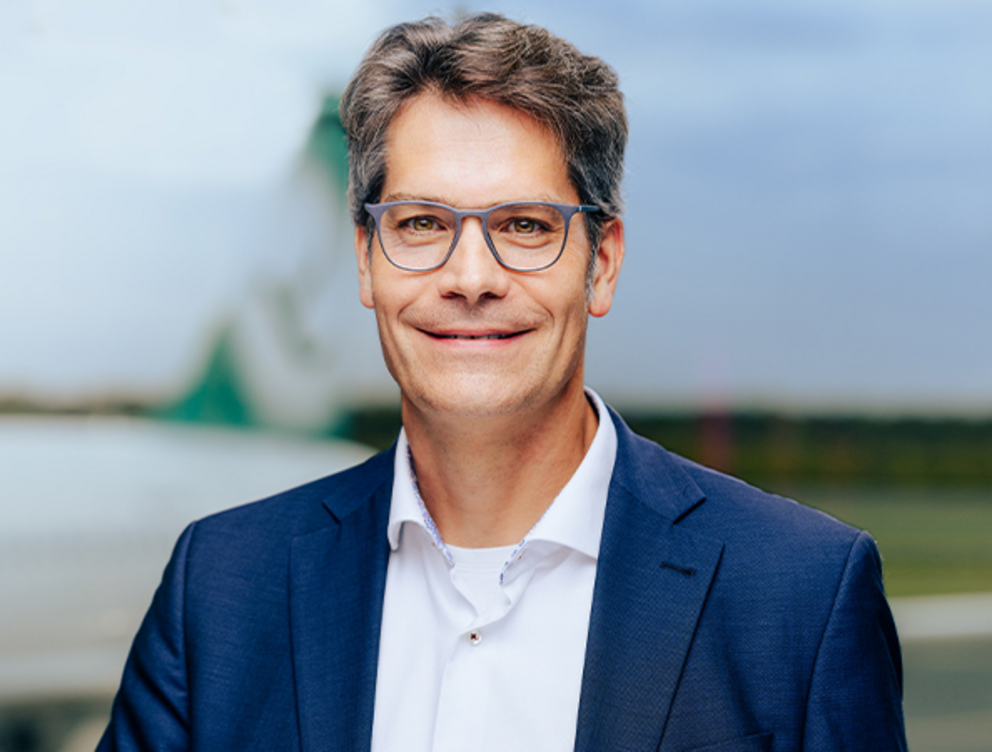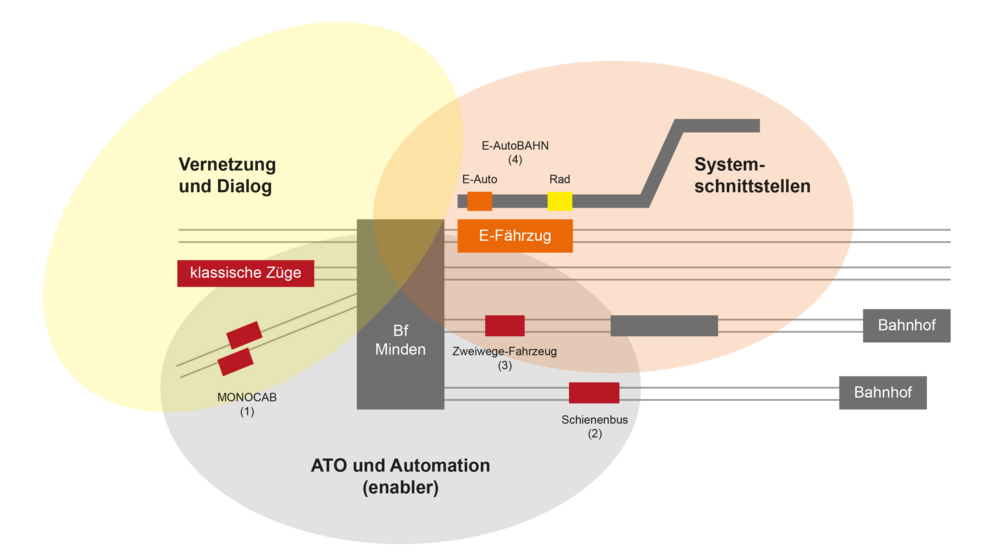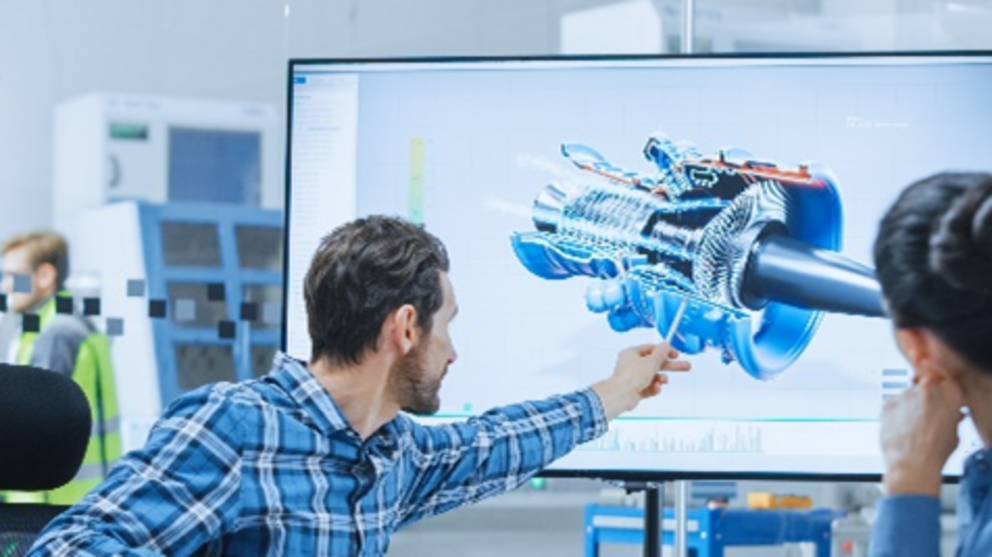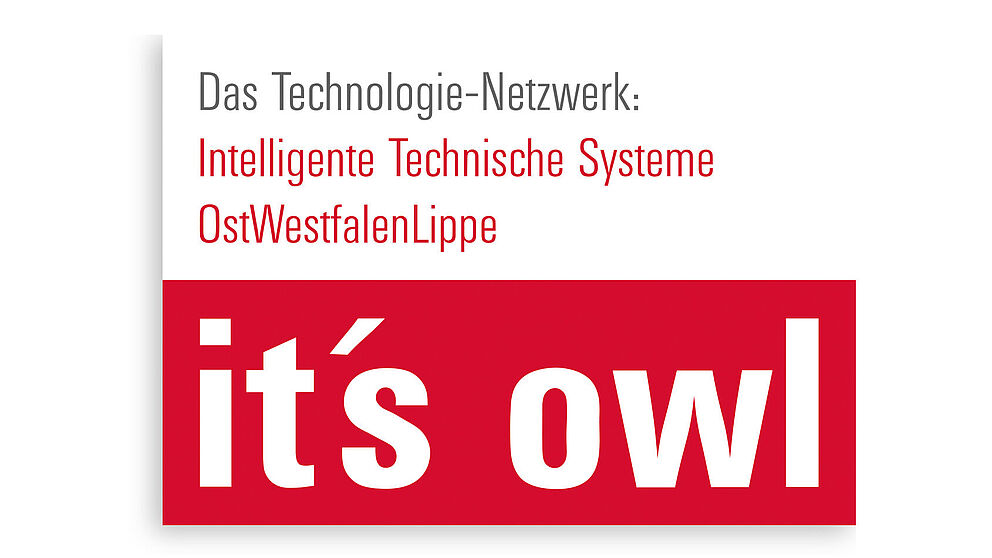Intelligent technical systems
Intelligent technical systems are characterised by the interaction of algorithms, information technology, mechanics, sensors and actuators. These components and subsystems are networked with each other and can operate on different spatial and temporal scales. Examples of intelligent technical systems include smart grids, the digital factory, explainable AI, smart cities, autonomous vehicles, autonomous robots, etc.
Integrating these systems into an application context means high requirements in terms of security, robustness, learning ability, resource efficiency, data protection, etc. Due to the complexity and heterogeneity of the systems, these requirements are not easy to fulfil. Moreover, an interdisciplinary research approach is absolutely essential because the behaviour of the overall system only emerges from the complex interaction of the components, the interaction with the users and the special features of the application.
Research in the profile area of intelligent technical systems is carried out in close cooperation between computer science, engineering, mathematics and economics, but also with cultural studies when it comes to the use of systems in social contexts. They deal with the analysis and design (modelling, simulation, verification, method development) of intelligent technical systems and include socio-economic and cultural science aspects (business models, behavioural economics, technology ethics, interaction design).






































